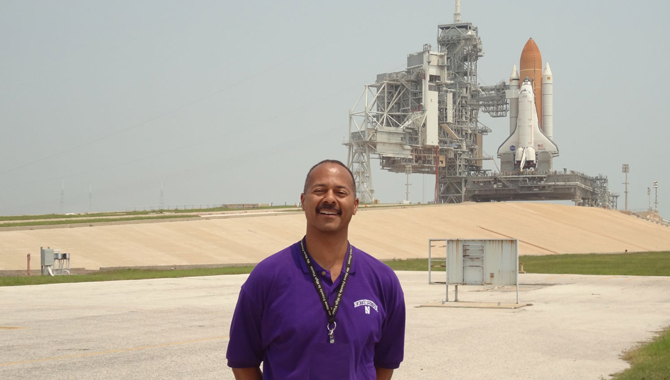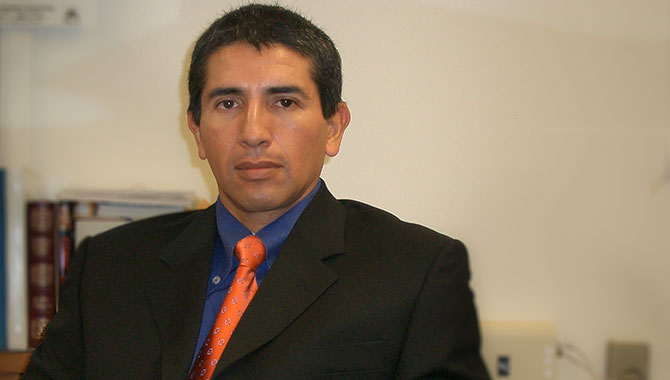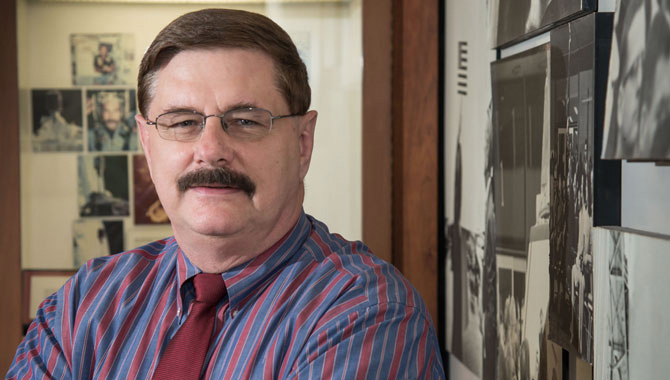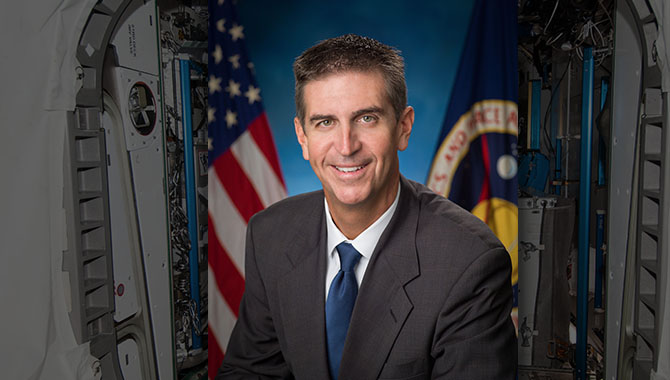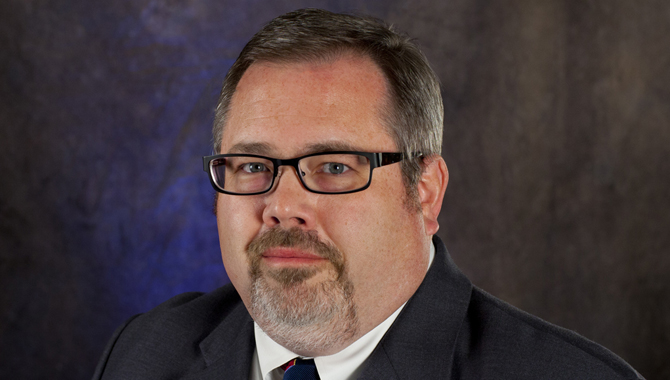
Ask The Academy
Vol. 6, Issue 3
Mike Lipka offers insight into the knowledge management services offered by the NASA Safety Center.
Mike Lipka is responsible for the design and implementation of the knowledge management program for the NASA Safety Center (NSC) and the safety and mission assurance (SMA) community. His core work focuses on addressing knowledge strategy and needs assessments, developing communities of practice, and identifying and implementing knowledge sharing opportunities.
ASK the Academy (ATA): What are some of the most prominent knowledge challenges in your organization?
Mike Lipka: In safety and mission assurance, a prominent challenge is the center SMA offices do not always have time to reach out and discover who is doing what across the other center SMA offices. Many Safety groups have similar problems, and it can be helpful to hear the stories about how someone or a team met a similar challenge.
ATA: Are there any successful knowledge efforts in your organization that you’d like to highlight?
Lipka: At the last meeting of safety directors and occupational health managers at KSC, we conducted a “Collaboration Café” event. We looked to those in attendance to identify several high-level opportunities to discuss [what]. Collaboration Café participants were divided into small discussion groups, moderated by a “knowledge barista,” and were able to bring their own ideas to the table, ask questions and provide feedback, rotating through each of the SMA subjects. At the conclusion of the three sessions, the knowledge baristas summarized the participants’ suggestions and highlighted the key six areas for follow-up. We then took this “Top Six” list and began working on the issues that were identified. We have been able to answer the mail on these Top Six and provide information and knowledge that is relevant to how SMA staff do their work. We have done several other knowledge sharing events, and I find the peer-to-peer knowledge sharing the most relevant and interesting knowledge management activity.
We also began a new program called the SMA Discussion Forum. This program gives safety and mission assurance personnel an opportunity to listen to a presentation on SMA topics and participate in a facilitated discussion. SMA members are able to ask questions, and are encouraged to lend their own knowledge and experience to the exchange of ideas. We webcast these events so all Center SMA Offices have a chance to learn and participate as a group.
ATA: Are there knowledge management efforts—either within NASA or other organizations—that you find particularly remarkable or innovative?
Lipka: Yes. I am impressed with what Ed Rogers has done at GSFC. He has developed a whole approach that encompasses all of Goddard. He and his team plan out their program well in advance. His case study approach resonates extremely well with both published cases and in-person knowledge sharing, and his Pause and Learn sessions are good ways to for teams to reflect on what has transpired and how it effects what one (or a team) might do differently in the future. His Road to Mission Success program encapsulates the knowledge of what Goddard does and how/why they do it and is a model for onboarding new employees and helping current ones fill in the gaps about their center and its missions.
Jean Engle and her team at JSC have done an outstanding job building the Johnson Knowledge Online site. Their Shuttle Knowledge Console has a staggering wealth of program knowledge. They have developed deep expertise in building taxonomies and semantic search capabilities and I like their “teach a man to fish” approach, which they employ to help teach others how to develop in-house knowledge capability. Also, their storytelling program is very good and their Voices (local JSC people) videos help preserve the organizational memory of the center.
Dave Lengyel in the Human Exploration and Operations Mission Directorate has done a lot of good work with developing and maintaining both his online community of practice and multiple wikis (e.g., “Riskipedia”). Dave is the thought leader in integrating knowledge management and risk management.
Overall, I am glad to see APPEL taking a hands-on approach to establishing the Chief Knowledge Officer (CKO) role at the centers and developing at an enterprise knowledge sharing strategy by collaborating with the CKOs.
ATA: What’s the biggest misunderstanding that people have about knowledge?
Lipka: I think sometimes people undervalue the knowledge that they have. Sometimes a person can be so close to their own program or project and think, “Well, everybody knows that,” when in fact everyone may not. So many times people are facing the same problems and issues, and a little insight to these common problems goes a long way.
Read other interviews from NASA Chief Knowledge Officers.
Mike Lipka is responsible for the design and implementation of the knowledge management program for the NASA Safety Center (NSC) and the safety and mission assurance (SMA) community.
Featured Photo Credit: NASA






